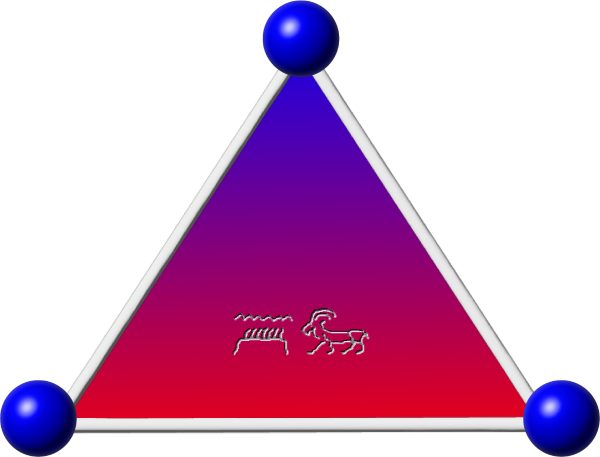Threads from Henry’s Web:
June 26, 2003
In the current issue of Charisma magazine (June 2003), one of the lead articles is about Dr. Hugh Ross, who heads the ministry “Reasons to Believe” and is probably the single most famous proponent of old earth creationism. I find it gratifying to see Dr. Ross’s work acknowledged in “Charisma” which is a key journal within the charismatic movement. As the article notes (side-bar, page 41) the Assemblies of God have taken a formal position endorsing a literal view of the creation days. It’s interesting to note, however, quotes from Vinson Synan (Regent University, Virginia Beach, VA), and Jack Hayford which are favorable to Dr. Ross’s work.
Many Christians are simply unaware of the variety of interpretations of Genesis to be found within conservative, committed Christian groups, much less in the broader Christian community. But debates about the precise nature of Genesis are often to be heard between people who adhere to very similar views on the inspiration of scripture. As the article notes, the most intense attacks on Dr. Ross do not come from the scientific community, but from his fellow Christians in the young earth creationist movement.
Now I personally have some disagreements with Dr. Ross. In particular, I see distinct problems with the notion of intelligent design as it is currently proposed. I find it questionable to assume design in those areas in which we do not have knowledge of the components of the process. Further, since I believe that everything is designed, whether produced directly by God or through a process which exists only because of God, I find it hard to understand that we are to find that certain things are more designed than others. My car may be more complex than my hammer, but both are designed! Similarly my eye may be more complex than my toenail, but both are ultimately designed.
I am also concerned that so much of the debate about creation and evolution occurs in the realm of apologetics. Now I believe that apologetics is an important discipline, though I suspect its most important function is in developing and explaining the faith of those who already believe. But apologetics, by its very nature, is opposed to the scientific endeavor. An apologist has a conclusion and looks for the data that support that conclusion. The apologetic nature of “Reasons to Believe” is illustrated by the following description of their activities in the Charisma article: “At their ministry headquarters in Glendora, California, near Los Angeles, Ross and his staff spend hours each week poring over the latest scientific papers across the spectrum, from astronomy to zoology, looking for evidence they say points to God and the reliability of the Bible” (p. 40).
Even so, I welcome this opening for serious discussions of this issue within the church. In another comment Ross calls creation the 67th book of the Bible. It is the latter attitude that needs to take hold. There are a large number of issues on which all parties to the creation-evolution debate agree on. Some of these include:
- God is the creator of everything
- God creates by simple command so His word is certain
- God put personal care into creation
- Human beings were created in God’s image, they were good, and later they fell from that state
- God created wisely
- God continuously cares for His creation [From “God the Creator” published by Pacesetters Bible School]
Notice, of course, that these areas of agreement are largely spiritual. And that is as it should be. The physical, practical parts should be learned from that 67th book. It’s alright for us to disagree about that. But we need to approach that book openly and honestly. In order to do that one of the requirements is safety—we must not be intimidated by what we might find, nor can we operate in fear of someone finding that we are heretics for the things that we find.
When I was in graduate school, a young earth creationist organization advertised grants for researchers who would do studies looking for evidence that the earth is about 6,000 years old. That is an apologetic approach. At the time I was myself a believer in young earth, although I had stretched the “young” part to 10,000 years. But the ad bothered me. It was clearly not “science” that these people were practicing.
We are all susceptible to the apologetic approach. It feels much safer to look for reasons why the things we already believe are true. But as long as we continue to do this, we will continue to conduct useless debates that simply repeat the same old arguments, without gaining any new ground.
Perhaps we can recognize not just that Dr. Ross is operating from a Christian perspective, but also that there are many other scientists who are simply seeking to study the 67th book without having any specific apologetic intent. Having acknowledged, with Dr. Ross, that the reading of Genesis need not be 100% literal, perhaps we can look at several other literary forms that it might take.
Only in this way can we acknowledge the Creator without denying His creation.









